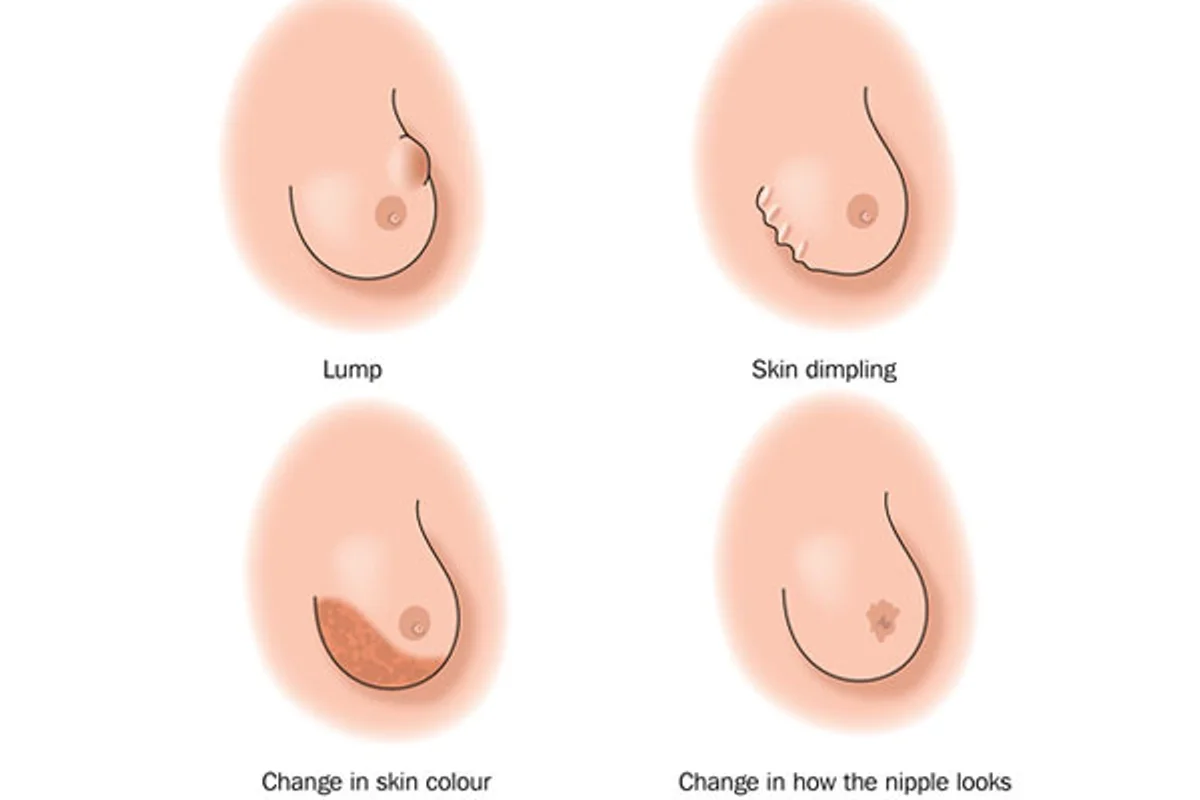
Finding a Lump or Other Change in Your Breasts
When to make an appointment and 10 questions to bring with you.
Aug 06, 2014
Sep 22, 2020
Breast Cancer
Learn about our editorial policies

This article has been archived. We will no longer be updating it. For our most up-to-date information, please visit our breast cancer information here.
If you notice a lump or detect a change in one of your breasts, either during a self-exam or by looking in the mirror, it's time to pay attention. "Any lump that is new and persistent, as well as progressive (growing in size) needs to be checked out and not dismissed as nothing," says Marisa Weiss, MD, president and founder of breastcancer.org. Some lumpiness may be normal, especially prior to your period, but you need to call it to your health care professional's attention. Even if your lump does not show up on a mammogram, you may still need further testing, such as a biopsy.
LEARN MORE: Breast Health
Be sure to call your health care professional for an appointment under these circumstances:
The breast lump:
—is new or feels unusual
—feels different from the breast tissue in either one of your breasts
—changes or grows larger
You notice:
—bloody or spontaneous discharge from your nipple
—skin changes on your breast, such as redness, crusting, dimpling or puckering
—an inverted nipple (turned inward) if it's not normally positioned this way
Here are some important questions to ask your health care professional: